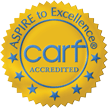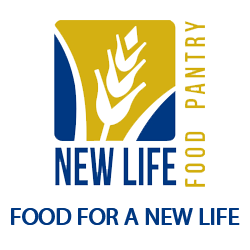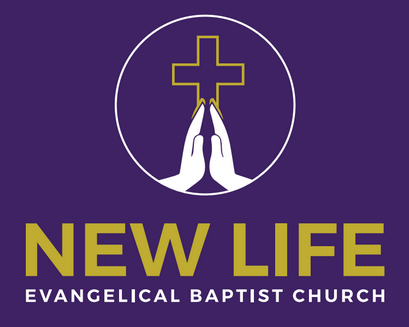Follow Us x

2401 East North Avenue
Baltimore, MD 21213
Open Monday through Friday
Office Hours: 4:30 AM to 1:30 PM
(410) 675-2113

Baltimore, MD 21213
Office Hours: 4:30 AM to 1:30 PM
(410) 675-2113
Due to the need for change to what are obviously failed public policies, Turning Point has become a pioneer in substance abuse treatment. “Open Access”, which is our “just walk in” philosophy for the admittance of new patients, is one example. Treatment must be available “on demand,” which is to say whenever an addict is ready to take that first leap toward recovery. Open Access means that if Turning Point is open, then we are open right then and there to accept all new patients on a walk-in basis, i.e. no appointments needed.
Three years ago, Turning Point challenged the State of Maryland to streamline the needlessly lengthy and self-defeating new patient intake process. Effective January 1, 2015, those efforts paid off, with the elimination of what is called the “Addictions Severity Index,” shortening the intake process by 30 minutes. Of course, that process is still needlessly long.
We also were the first to offer new patient “incentives,” which are really nothing more than a small cash inducement sufficient to cover bus and/or taxi fares both ways, and lunch (since the admission process still requires much of the day). These reimbursements are privately funded. This strategy has proven enormously useful. And it’s easy to see why: If a heroin addict had enough money in his or her pocket to cover these costs, then that money would instead be spent to buy heroin. This strategy has enabled Turning Point to triple in size in three years. Brilliant?! Hardly. But brilliantly effective nonetheless.
Turning Point and New Life Evangelical Baptist Church are establishing a new non-profit food pantry, “New Life Food Pantry, Inc.” It will be privately funded and make possible a ten-fold increase in the amount of food and the number of meals to be provided to needy people in the community. Our intent is to provide breakfast and lunch to Turning Point patients. You see, keeping patients in treatment means, ultimately, doing everything necessary to change their lifestyles. Hot meals, with group and individual counseling and therapy, faith-based programs, and music will go a long way to accomplishing that very crucial objective.
Somewhat farther into the future, we intend to create a “health campus.” Yes, right here in East Baltimore. This will include Outpatient Mental Health, Urgent and Primary Care clinics.



